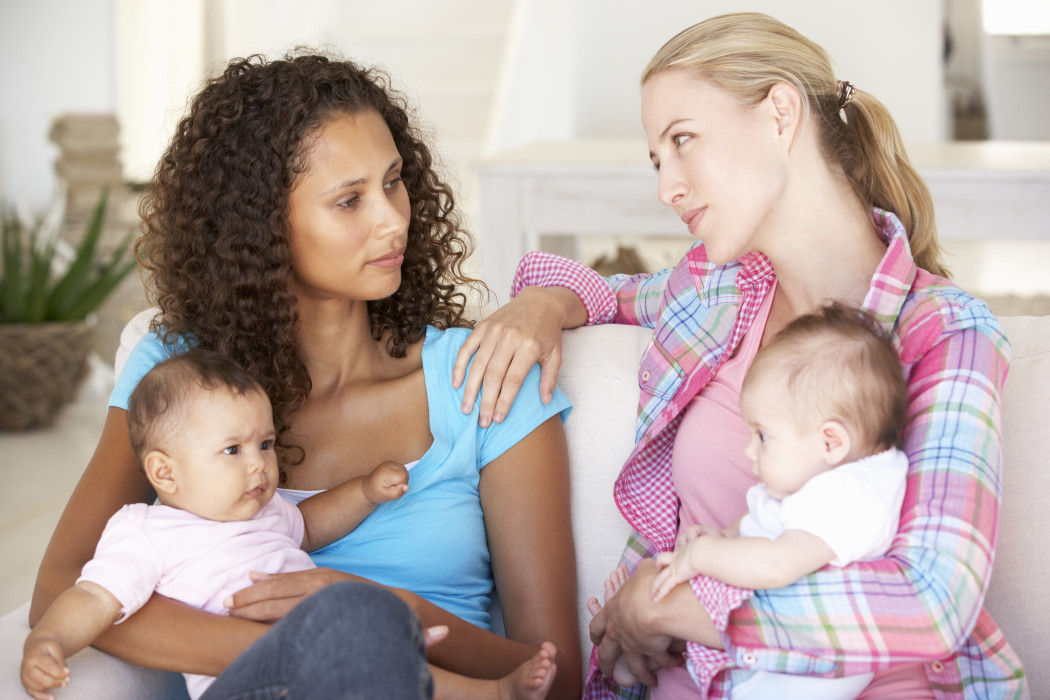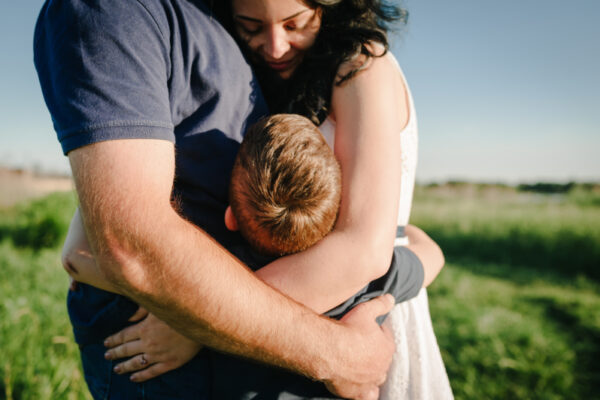This was an article featured as a guest blog in Psychology Today. The full article can be accessed here.
Becoming a new mother is, perhaps, one of the most challenging endeavors any woman will embark on in her life. No matter how well prepared she is, no matter how many books she reads, the shock of new motherhood can still be, well, shocking. The emotional, psychological, and physical toll taken from sleep deprivation, hormones, and the insecurity of doing things “the right way” is something no one can really prepare for. And yet, sadly, many women choose to isolate themselves rather than seek others for support during this difficult time. This may be due to exhaustion or depression or possibly feeling wary of being judged by others. It may also reflect American cultural in which we tend to be more insular.
This is paradoxical because it can be extremely detrimental to a new mother. Support from friends, family, and parent groups has been clearly proven to help new mothers deal with stress and thereby see their children in a more positive light. This improves everybody’s quality of life, particularly the growing child.
Denmark, a country voted as being the happiest in the world, incorporates a concept called “hygge” into their everyday life. This means “cozy time with family and friends”. The word “hygge” dates back to the 19th century. It is derived from the Germanic word “hyggja” which means to think or feel satisfied. It is being together with others and feeling connected in a nice, stress free atmosphere. Because Danes value hygge so highly, they all try to make it happen on a regular basis. It is a team effort and it is a huge reason why they are constantly voted as one of the happiest countries in the world. Feeling connected gives meaning and purpose to all of our lives and it has been proven to make us happier.
People with good social ties live longer, have stronger immune systems, are more resilient and better able to cope with stress. And this, not surprisingly, is particularly helpful for new mothers who are struggling through one of the most extraordinary and laborious rites of passage in life.
So, if you or someone you know is about to embark on the journey of new motherhood here are some tips to incorporate “hygge” to ensure a happier mom and baby.
- Seek out other new mothers. Ask a local doula or midwife, join a “new mom’s” group, or ask around your IRL social network to find out who is having a baby around the same time in the surrounding area. Many hospitals offer breast-feeding groups that can offer more than just lactation help. In fact, sometimes moms who are not breast feeding at all attend!
- Organize a weekly group. Contact these new moms and agree to get together weekly to share the hardships and glories of being a new mom. This is very therapeutic.
- Be vulnerable. Being a new mom is not about being perfect. It’s hard and it’s wonderful. The more vulnerable we can be, the more connected we feel to others and this makes us, and our babies happier. Allowing yourself to be vulnerable is the most connecting thing we can do. Never underestimate how therapeutic it can be to share your story (the real story) with others. Of course, it is wise to be selective and only open to those who can offer empathy.
- Check in on others. If you know a new mom who is having a hard time, call or visit. If a “regular” at one of your mom groups suddenly stops coming, check up on her.
- Remember and remind others that there is no right way to parent. Sadly, many women, in their quest to do things “the right way” can sometimes become judgmental of other mothers and engage in what is referred to as “mom shaming”. If you catch yourself judging or being judged by others remember there is no perfect way. There are many right ways to parent! We are all doing our best and deep down we all really want connection rather than disconnection. What we need is empathy and tolerance not judgment and a non-existent ideal of perfection. This is stressful for everyone. Try using empathy in your mind and in your words. Here (link is external) is a great primer from Dr. Brene Brown, an expert in the area. Try to find a reason behind peoples actions instead of labeling them. Feeling connected with vulnerability is extremely powerful.
- Don’t believe Facebook. Many new moms get the wrong impression of what motherhood looks like. Remember that people don’t show their vulnerable side on social media. This is not reality. Find real people in real life and remember, it’s ok to be vulnerable.
- Do find a good on-line community. This can be very helpful for that 3am question or vent. You may not be able to call someone at that hour but usually someone else is up and on-line. Search Facebook and neighborhood list servers for a suitable group.
References:
Andresen, P. A., & Telleen, S. L. (1992). The relationship between social support and maternal behaviors and attitudes: A meta-analytic review. American Journal of Community Psychology, 20(6), 753-774. Retrieved from http://search.proquest.com/docview/618341659?accountid=12874
Brown, B. (2012). Daring Greatly: How the Courage to be Vulnerable Transforms the Way We Live, Love, Parent, and Lead. New York: Gotham Books.
Cohen, S., Doyle, W. J., Turner, R. B., Alper, C. M., & Skoner, D. P. Sociability and susceptibility to the common cold. Psychological Science (2003): 14, 389-395.
Medina, J. (2014). Brain Rules For Baby: How to Raise a Smart and Happy Child from Zero to Five. Seattle: Pear Press.
Pressman, S. D., Cohen, S., Miller, G.E., Barkin, A., Rabin, B. S., Treanor, J. J. Loneliness, Social Network Size and Immune Response to Influenza Vaccination in College Freshmen. Health Psychology (2005).
!





